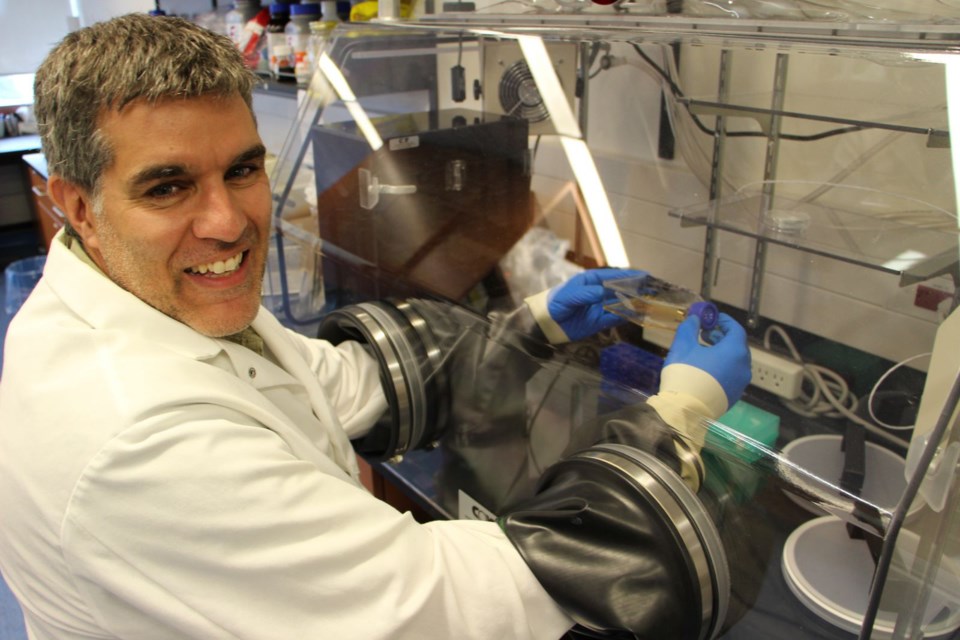University of Guelph officials deny claims members of its staff harassed an associate professor and told him to censor himself from speaking out against COVID vaccine mandates early in the pandemic.
The denial is part of the university’s response to a lawsuit filed by Byram Bridle in late 2022.
He’s seeking $3 million in compensation, claiming his career was set back a decade, as well as a ruling allowing him to “freely be present at the university campus, and in particular at his lab and office, in the pathobiology building, without conditions or interferences from the university, to pursue his work.”
Bridle is a viral immunologist who works at the Ontario Veterinary College.
None of the allegations have been tested or proven in court.
There have been no court rulings or decisions made at this time. The matter is set to be heard in a Toronto courtroom on Nov. 19.
In a statement of defence filed on behalf of the U of G and other defendants, including president Charlotte Yates and several professors, the court is asked to dismiss the lawsuit, labelling it “frivolous, vexatious and an abuse of process.”
“These defendants plead that this action is being used as a means of unduly limiting expression on matters of public interest and, in particular, to discourage these defendants from participating in and contributing their expertise to matters of public interest,” the defence states.
“These defendants specifically deny that their conduct, or the conduct of anyone for whom they are in law responsible, was improper, abusive, unjustifiable, high-handed, or vindictive, and put the plaintiff to the strict proof thereof.”
In his lawsuit, Bridle claims he was “socially and professionally chastised” for publicly speaking out against vaccine mandates.
“These defendants deny that there was any misrepresentation, breach of duty, want of care, or negligence on their part or on the part of any of their servants, agents, or employees which caused or contributed to the damages alleged by the plaintiff,” the statement of defence continues.
“These defendants deny that there was, at any time, a ‘conspiracy’ as against the plaintiff, as is alleged in the statement of claim.”
It goes on to describe the matter as an “employment dispute” and not within the jurisdiction of the court. Rather it should be resolved through a process outlined in the collective bargaining agreement.
The statement of defence doesn’t cover people identified in Bridle’s statement of claim as “John and Jane Doe Junior Scientist,” stating they are not and never have been university employees.
Bridle claims in his lawsuit the two are the anonymous creators of a website that’s critical of him.
